UOB Gateway to ASEAN Conference 2023 ASEAN Forging Ahead
Overview
The UOB Gateway to ASEAN Conference is an annual regional conference that brings together business leaders, government and trade partners, and subject matter experts to explore growth and investment opportunities for companies doing business with, and within ASEAN.
The 2023 edition will be held in Indonesia and centers around the key theme "ASEAN Forging Ahead".
Spotlighting Indonesia and its strategic role in ASEAN cooperation and intra-region trade, the conference aims to unpack three "ASEAN Connectors" powering its continued strength:
Government policies facilitating the harmonisation of cross-border business.
Digital networks that "join the dots" for seamless capital flow, enabling the growth of trade with, and within the region.
A hotbed of industrial and infrastructural activity fuelling the global sustainability economy.
Event delegates will also have the opportunity to network with like-minded business leaders and gain access to an array of advisory and solutions from UOB experts and ecosystem partners.
Position your company to take advantage of the opportunities in Indonesia, as a gateway to fuelling your business growth in ASEAN.
Wednesday, 11 October 2023
9.00am to 12.40pm (Jakarta time)
English
Speakers
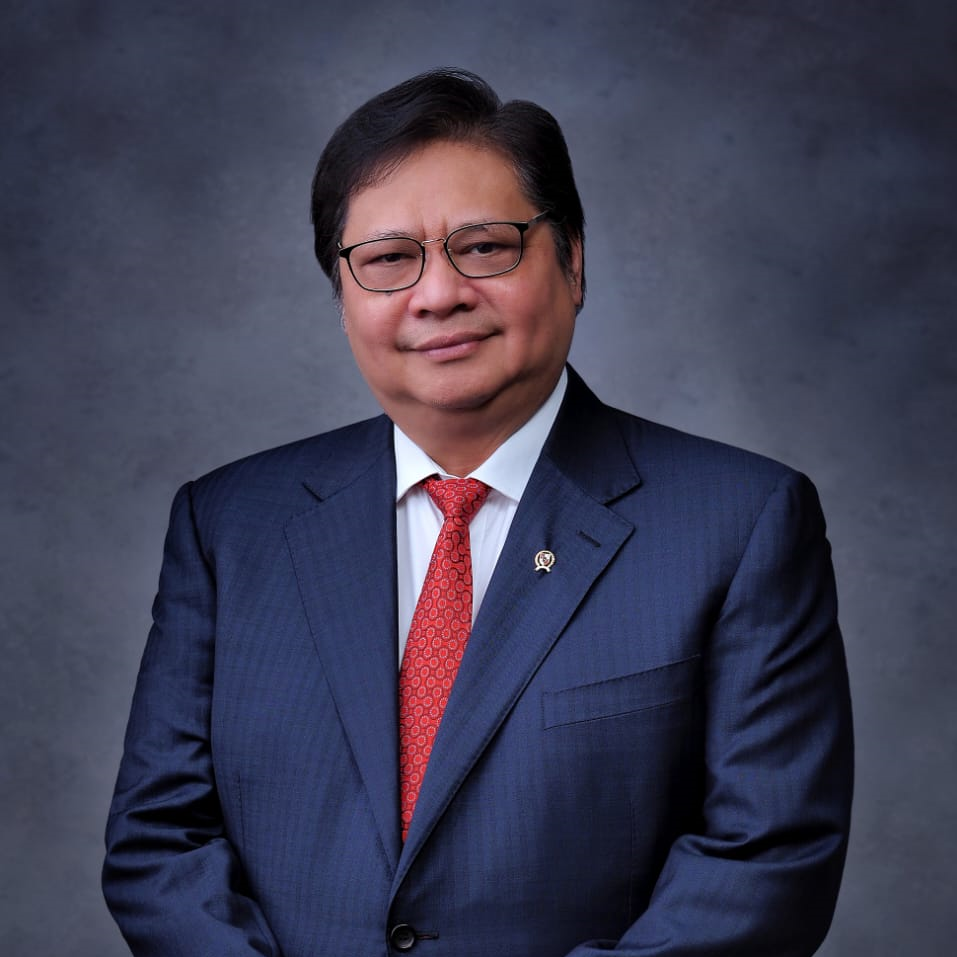
H.E. Airlangga Hartarto
Coordinating Minister for Economic Affairs of the Republic of Indonesia
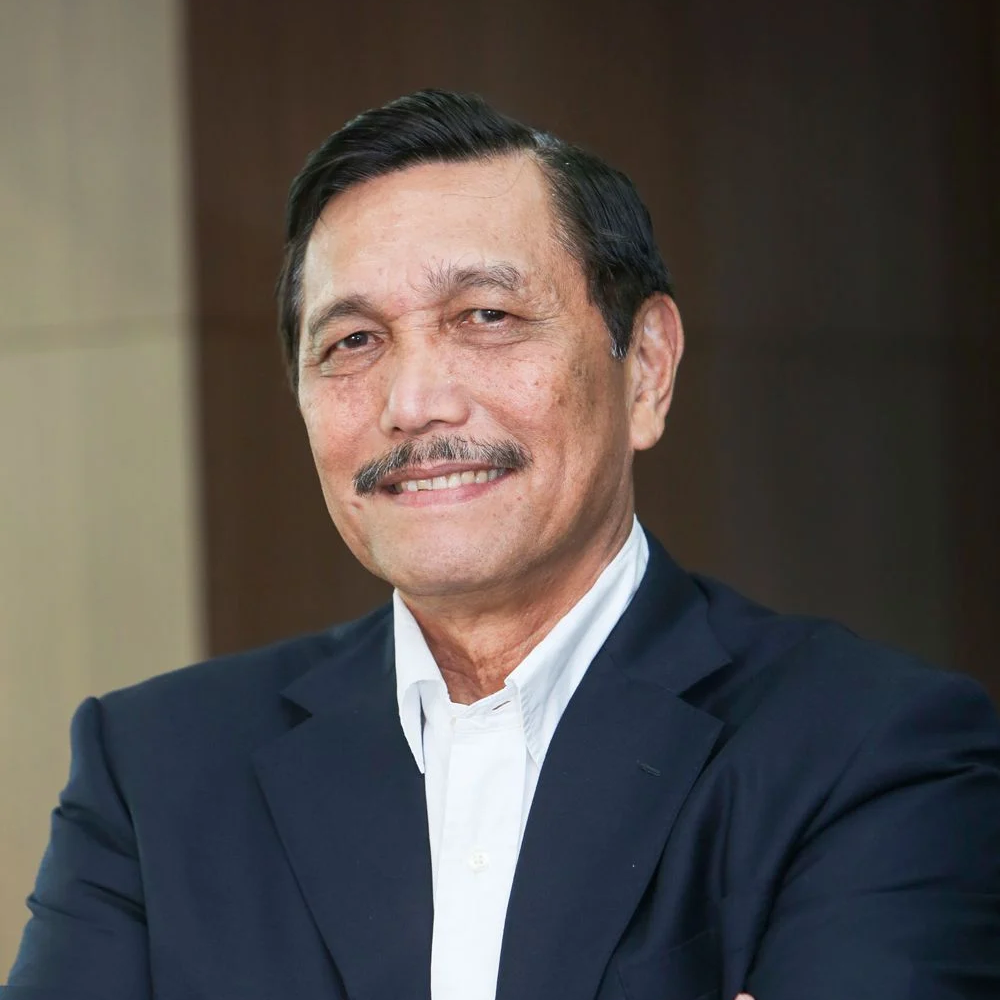
H.E. Luhut Binsar Pandjaitan
Coordinating Minister of Maritime Affairs and Investment of the Republic of Indonesia
Luhut is currently the Coordinating Minister for Maritime and Investment Affairs of the Republic of Indonesia under President Joko Widodo.
Before assuming his current post in July 2016, he was the Chief of Staff of the President (December 2014-July 2015) and Coordinating Minister for Political, Legal, and Security Affairs (August 2015-July 2016).
Under previous presidencies, Luhut was Indonesian Ambassador to Singapore during President Habibie's term and Minister for Trade and Industry under President Abdurahman Wahid.
Luhut was born on September 28, 1947, in Simargala, North Sumatera graduated as the best cadet from the National Military Academy in 1970. He studied Public Administration at George Washington University, in which he got a Master's Degree in Public Administration. He spent most of his military career in the Kopassus (Army Special Force). He was the first commander of the Kopassus' 81st antiterrorist detachment. Also, he had various military training both domestic and foreign, including in United Kingdom with SAS, in West Germany with GSG9, and in the USA with different Army Special Forces units in Fort Bragg and Fort Benning as well as in the US Army John F Kennedy Special Warfare Center and School during the 1970s and 80s.
In the earlier years of his career, Luhut led Indonesia's Garuda contingent serving under United Nations in Port Suez, Egypt, in 1974 and ended his military service as the Army's Education and Training Commander in 1999.
Luhut started his business in 2004 as one of the founders of PT Toba Sejahtera Group, a listed company in the stock exchange. PT Toba Bara Sejahtera has a wide array of business activities, including energy, mining, coal, oil and gas, plantation, and electricity.
Besides his extensive career as a government official, Luhut has a passion for providing the next generation of Indonesians with access to quality education. Together with his wife, in 2001, he established the DEL Institute of Technology and DEL High School in a remote village, Sitoluama, Laguboti District, Toba Regency, North Sumatra. Both are ranked top in the national list.
H.E. Luhut has officially been elected as the Chairman of the Indonesian Athletics Association (PB PASI) for the period 2021-2025.
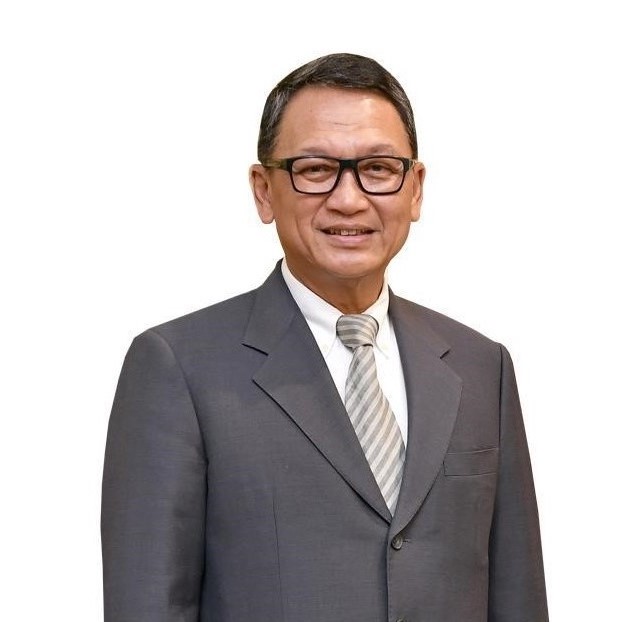
H.E. Arifin Tasrif
Minister of Energy and Mineral Resources of the Republic of Indonesia
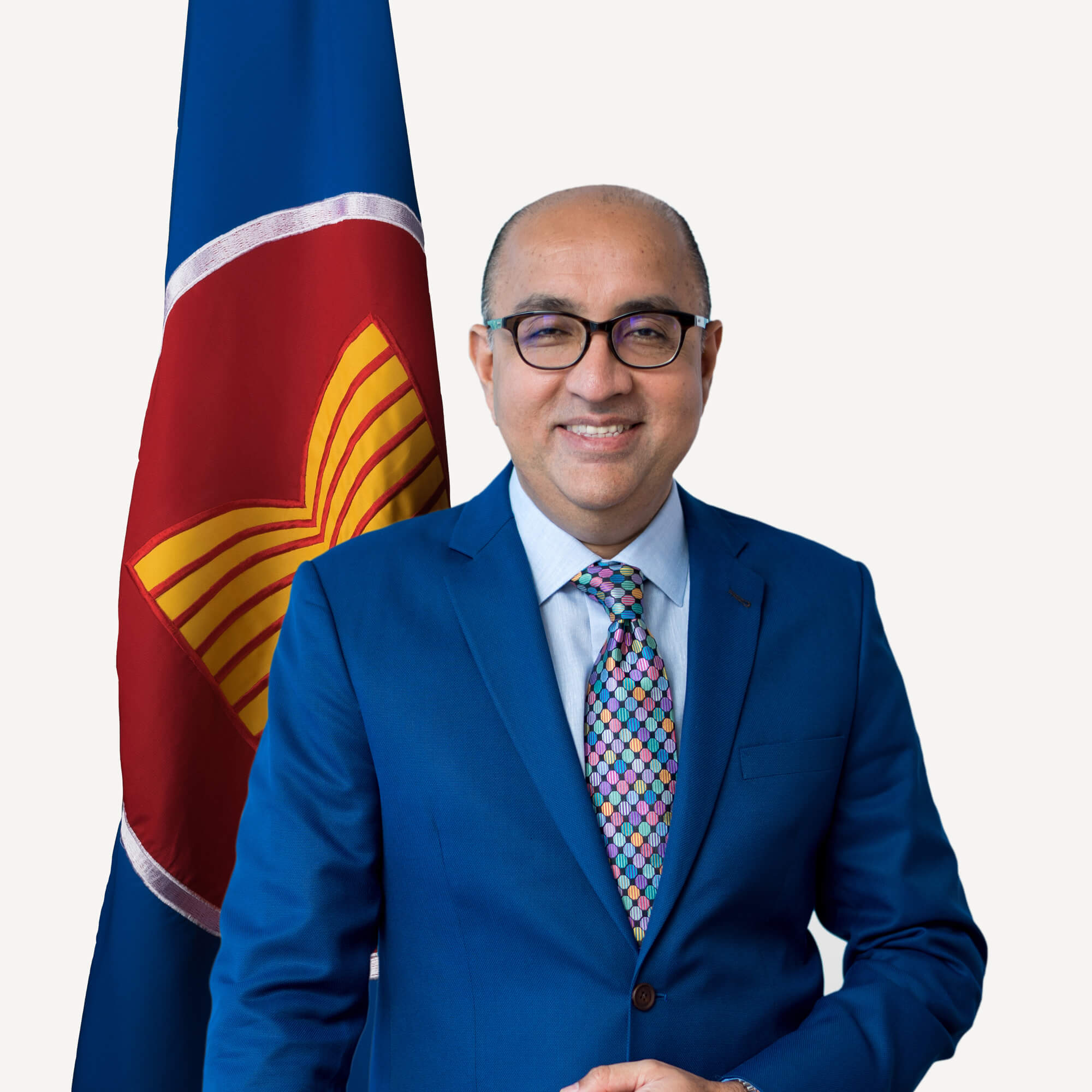
H.E. Satvinder Singh
Deputy Secretary-General of ASEAN for ASEAN Economic Community
Satvinder Singh is the Deputy Secretary-General for ASEAN Economic Community for 2021-2024. He will support the Secretary-General of ASEAN by providing leadership in the implementation of the AEC Blueprint 2025 and will lead the AEC Department of the ASEAN Secretariat. He will also provide strategic advice to advance ASEAN’s economic integration agenda.
Before assuming this role, he was the Assistant Chief Executive Officer, Trade Connectivity & Business Services at Enterprise Singapore, where he was instrumental in strengthening Singapore’s role as Asia’s trading hub, supporting the growth of 15,000 professionals, managers, executives and technicians jobs.
With over 27 years of experience, he has held a variety of local, regional and global management positions across the region. At Enterprise Singapore, Mr Singh oversaw four divisions and drove digitalisation efforts in Singapore amidst the COVID-19 pandemic.
Mr. Singh holds a Bachelor degree in social sciences from the National University of Singapore and attended the Harvard’s Business School Advanced Management Programme in 2017.
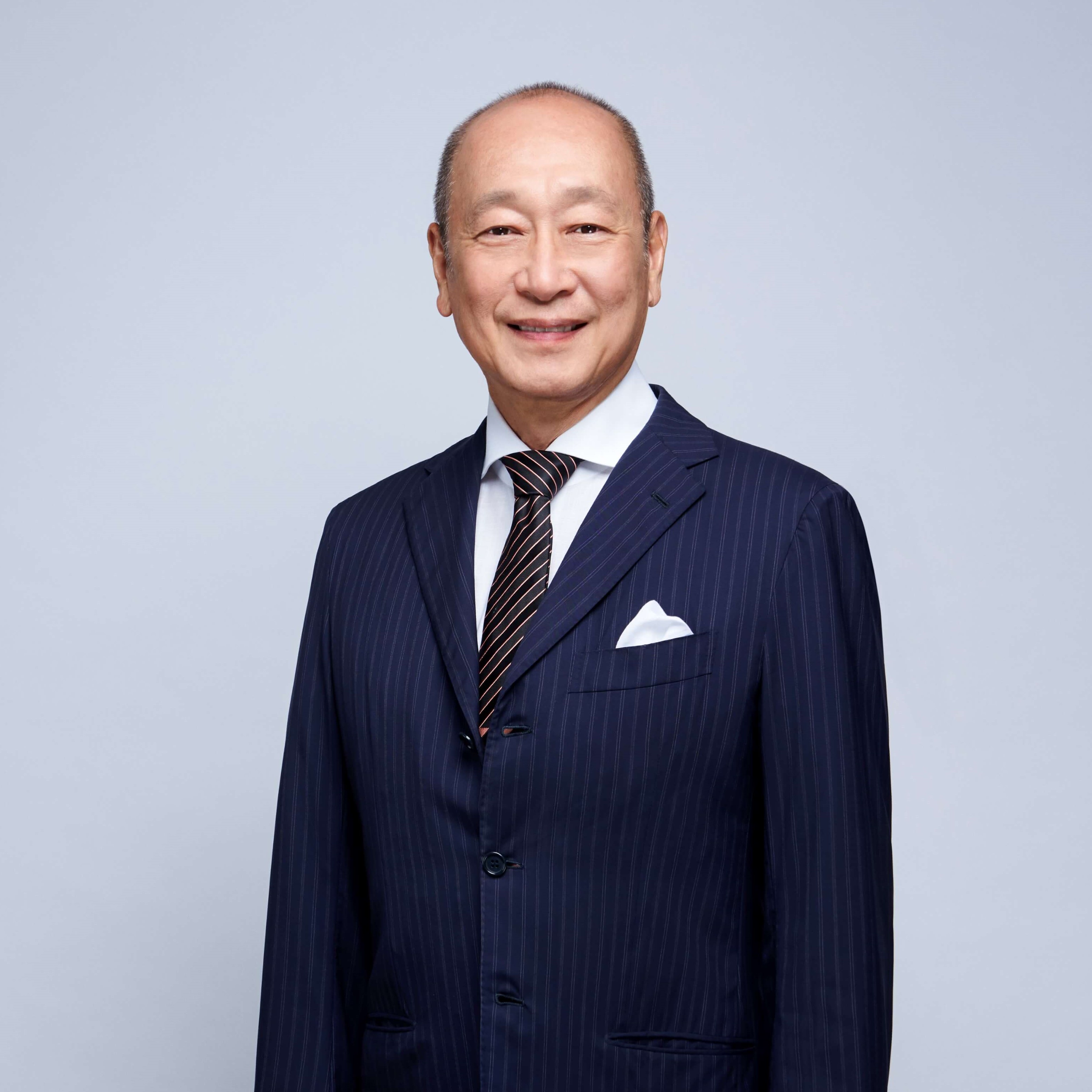
Wee Ee Cheong
Deputy Chairman and CEO UOB
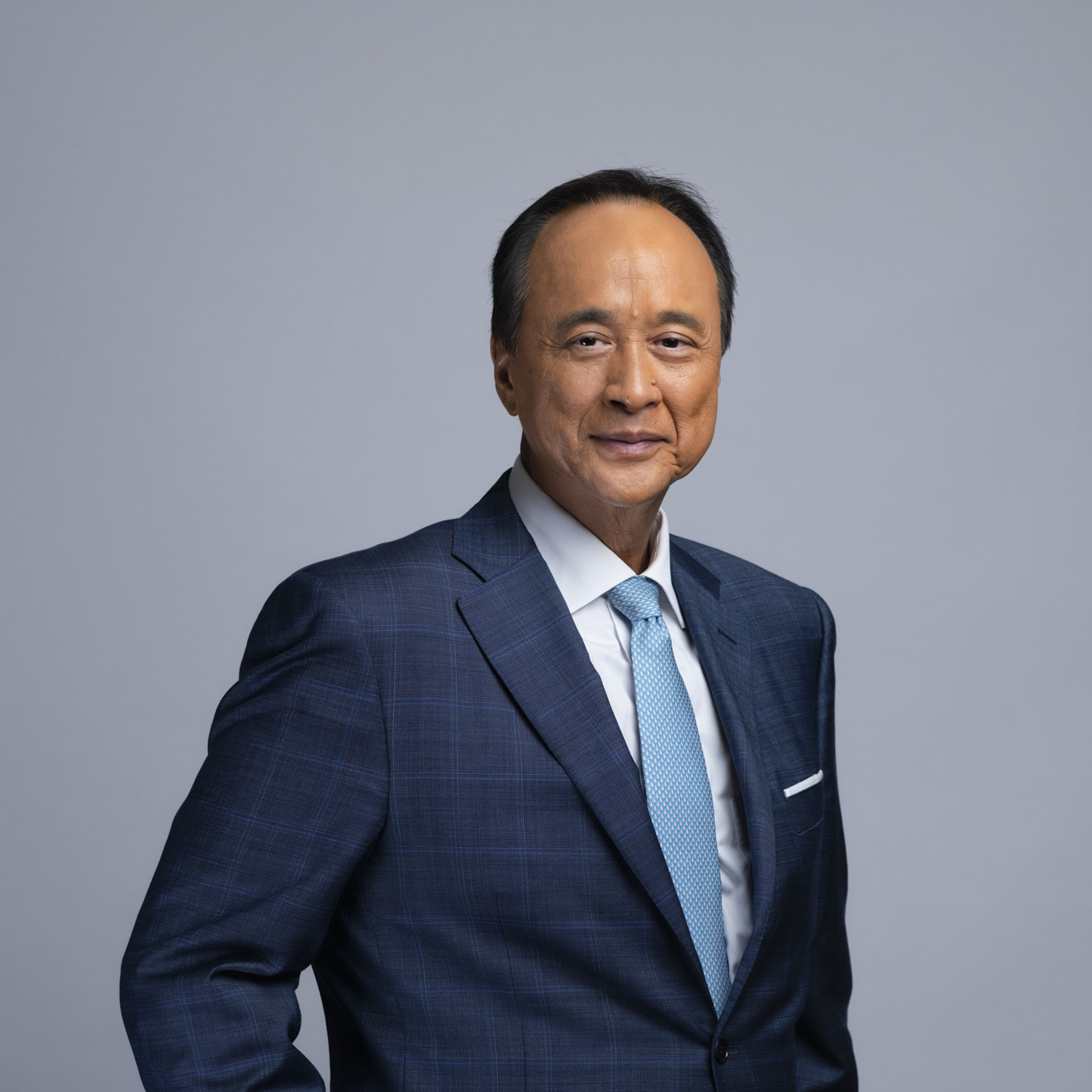
Frederick Chin
Head of Group Wholesale Banking and Markets, UOB
TBC
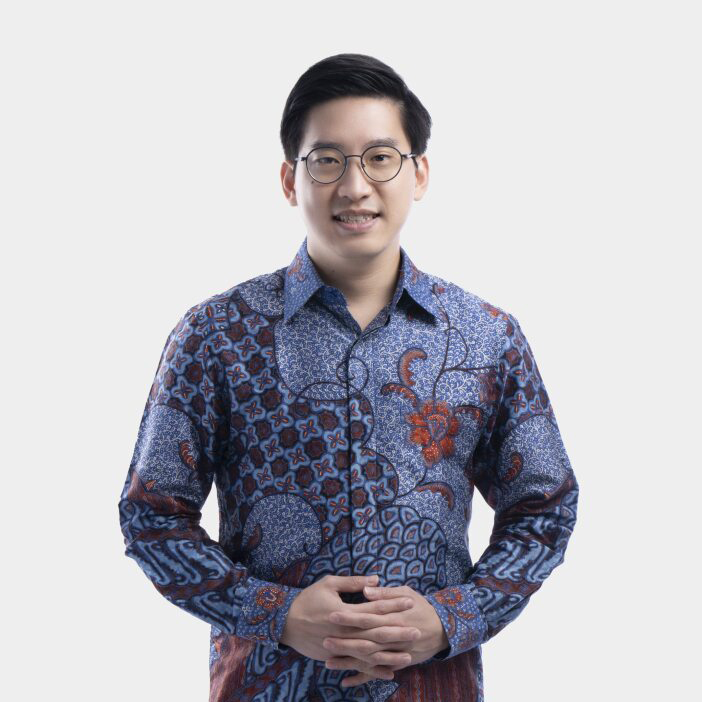
Ernest Saudjana
Managing Director & Senior Partner, Boston Consulting Group
Ernest Saudjana joined Boston Consulting Group in 2006. He leads the Financial Institutions practice in Southeast Asia, and the firm’s corporate banking work in Asia Pacific. He has worked with major institutions, technology attackers, and regulators in Southeast Asia and the US. His work covers an strategy, corporate-wide transformation, and new business build.
Ernest was seconded to work with the World Economic Forum in New York on the Emerging Market Financial Services Project. While there, he helped launch the project’s report, Redefining the Emerging Market Opportunity, which explored how to facilitate private sector innovations to promote expansion of financial services, particularly corporate bonds, SME financing, and financial inclusion in the consumer space.
He was also selected by the World Economic Forum to the Global Shapers Community and he became the curator of the Jakarta hub in 2014-2015. He was also selected to sit on the United Nation Shapers Sustainable Development Council, collaborating with the UN on driving implementation of the UN's Sustainable Development Goals in various countries.
Ernest’s client work at BCG has included the large-scale transformation of a major regional bank in Southeast Asia, building a major fintech attacker in Indonesia, and other FI projects involving value-creation, wholesale and SME banking transformation, operations, and technology transformation. He has also supported Indonesian family businesses on topics such as organization, talent management, portfolio management, and new business strategy.
Ernest served as Vice Chairman for the Publicity and Awards committee of the Badminton Asia Confederation.
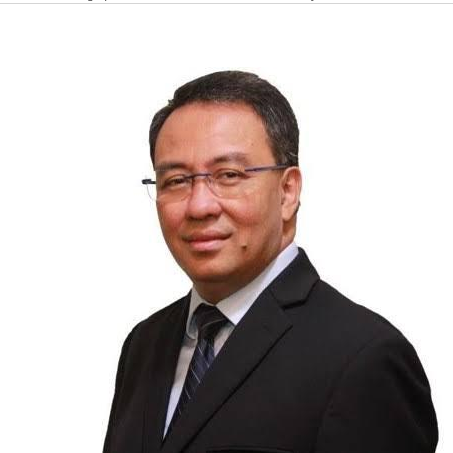
Dicky Kartikoyono
Assistant Governor of Payment System Policy Department, Bank Indonesia
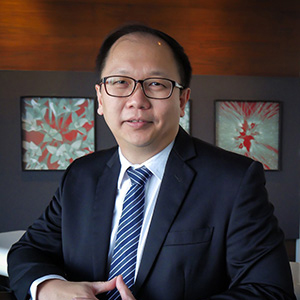
Enrico Tanuwidjaja
Senior Economist, UOB
Enrico joined UOB Indonesia in 2017 and is responsible for macroeconomic research focusing on Indonesia
Prior to joining UOB, Enrico was the Financial Sector Specialist at the ASEAN+3 Macroeconomic Research Office and was also an economist at various global and regional banks. He was also based in Singapore in the late 1990s, analysing the ASEAN-5 economies, particularly in the areas of macroeconomic, foreign exchange, interest rates and bond market research.
Enrico was ranked among the top 10 macroeconomists in Southeast Asia by Asiamoney in 2011. Enrico also published several journal articles on monetary and financial market policies and macroeconomic issues, including “The Central Bank's Credibility and Monetary Policy in Indonesia” published by the Journal of Policy Modeling.
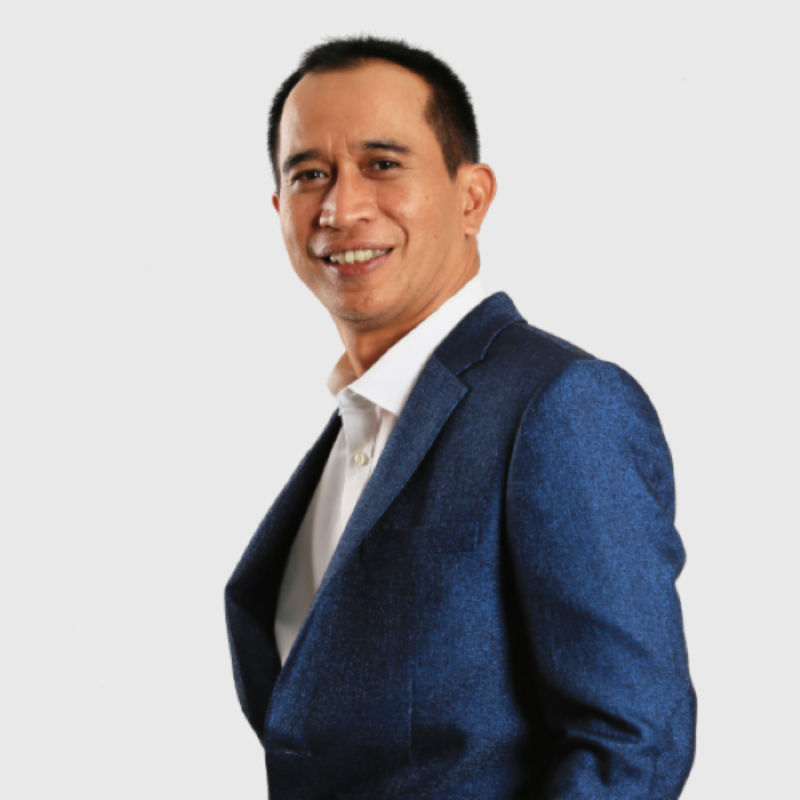
Akhmad Fazri
Director of Finance MIND ID
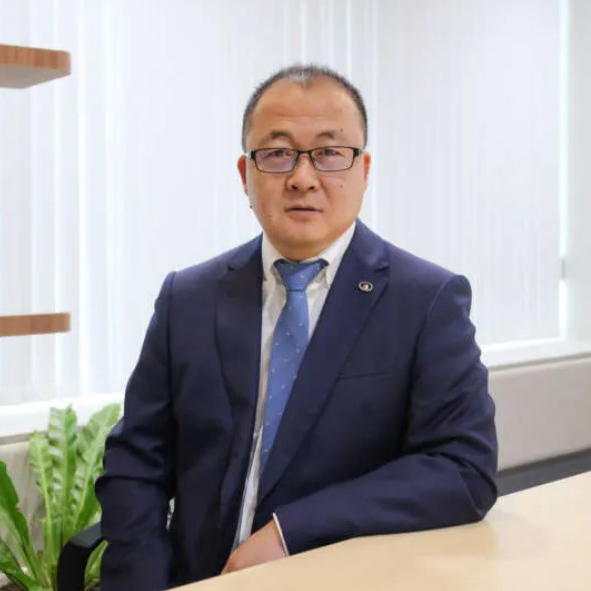
Clyde Cheng
President, Great Wall Motor ASEAN
TBC
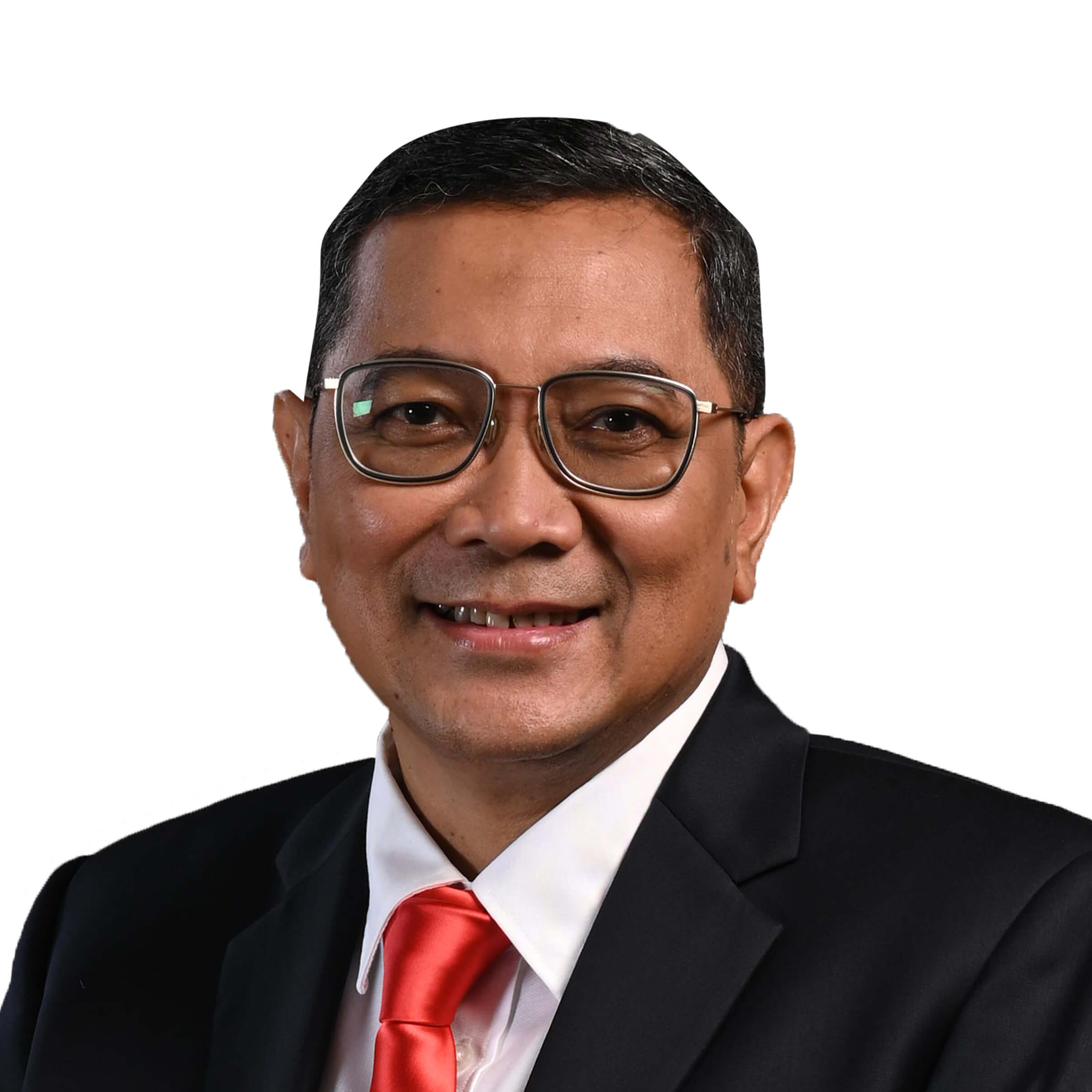
Yudo Dwinanda Priaadi
Director-General of New, Renewable Energy and Energy Conservation, Ministry of Energy and Mineral Resources of the Republic of Indonesia
Mr Yudo Dwinanda Priaadi was recently appointed as the new Director General of New Renewable Energy, and Energy Conservation of Ministry of Energy and Mineral Resources (MEMR/ESDM) on July 31st, 2023. In 2015, Mr Yudo Dwinanda Priaadi received the Satyalancana Wira Karya award from the Government of Republic of Indonesia for his dedication, commitment, and extensive contribution to the growth and development of the nation in many sectors.
Before appointed as the Director General of New Renewable Energy, and Energy Conservation, Mr Yudo Dwinanda Priaadi was the Senior Advisor for Strategic Planning in the Ministry of Energy and Mineral Resources (MEMR/ESDM) from 2017. Mr Yudo Dwinanda Priaadi obtained his Master of Science degree in Management of Technology, Sloan School of Management, Massachusetts Institute of Technology (MIT), Cambridge, USA in 1997.
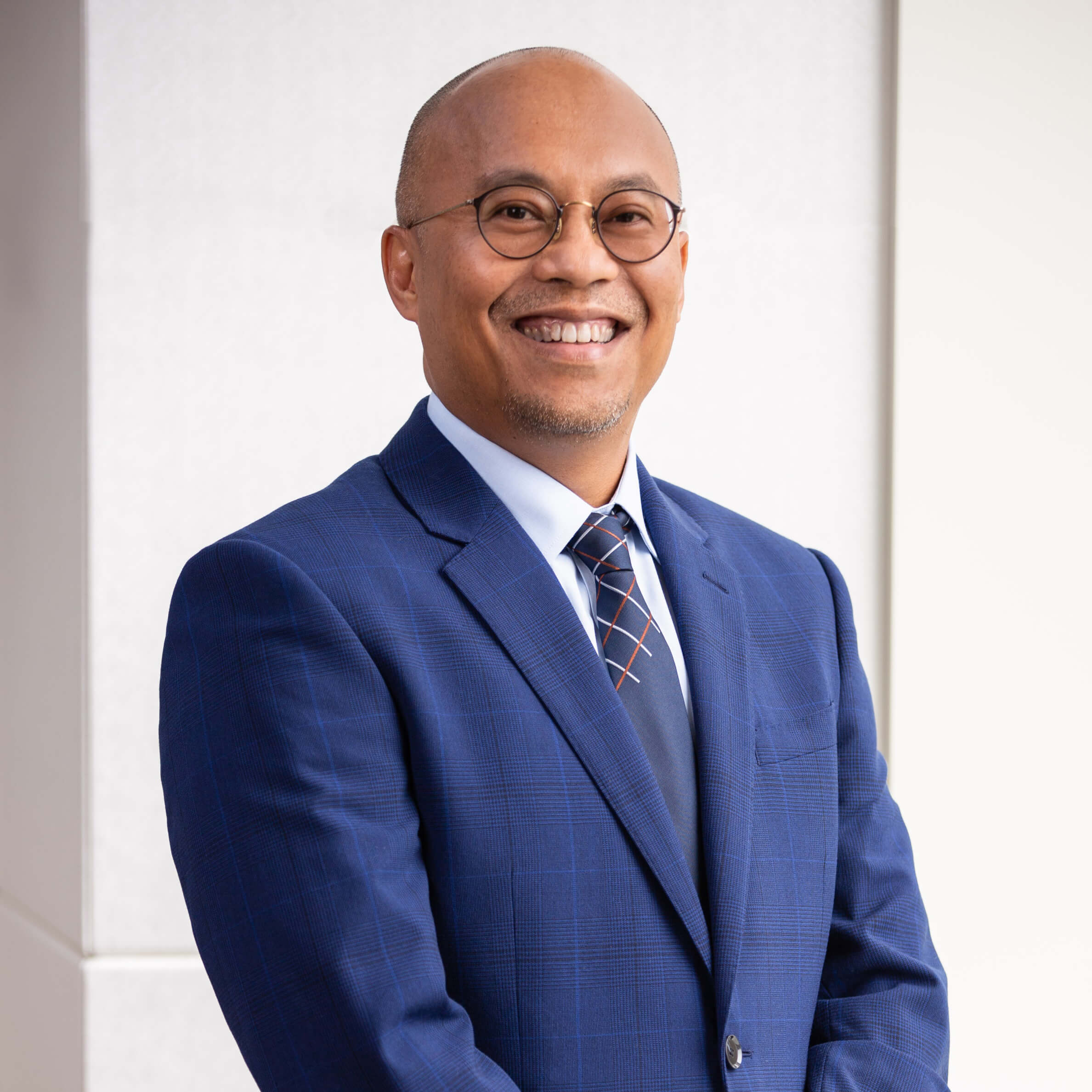
Bonar Silalahi
Managing Director and Head of Sector Solutions, Group Wholesale Banking, UOB
TBC
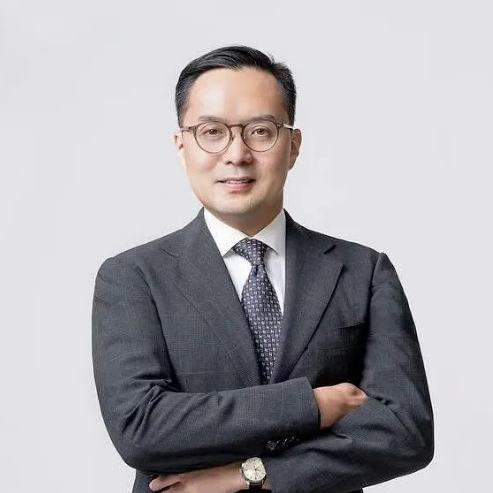
Patrick Sugito Walujo
Chief Executive Officer, GoTo
TBC
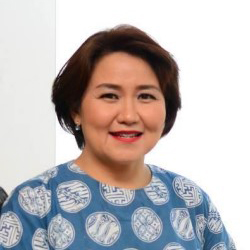
Megawaty Khie
Director, Channels and Strategic Partnerships, Southeast Asia, Google Cloud
TBC
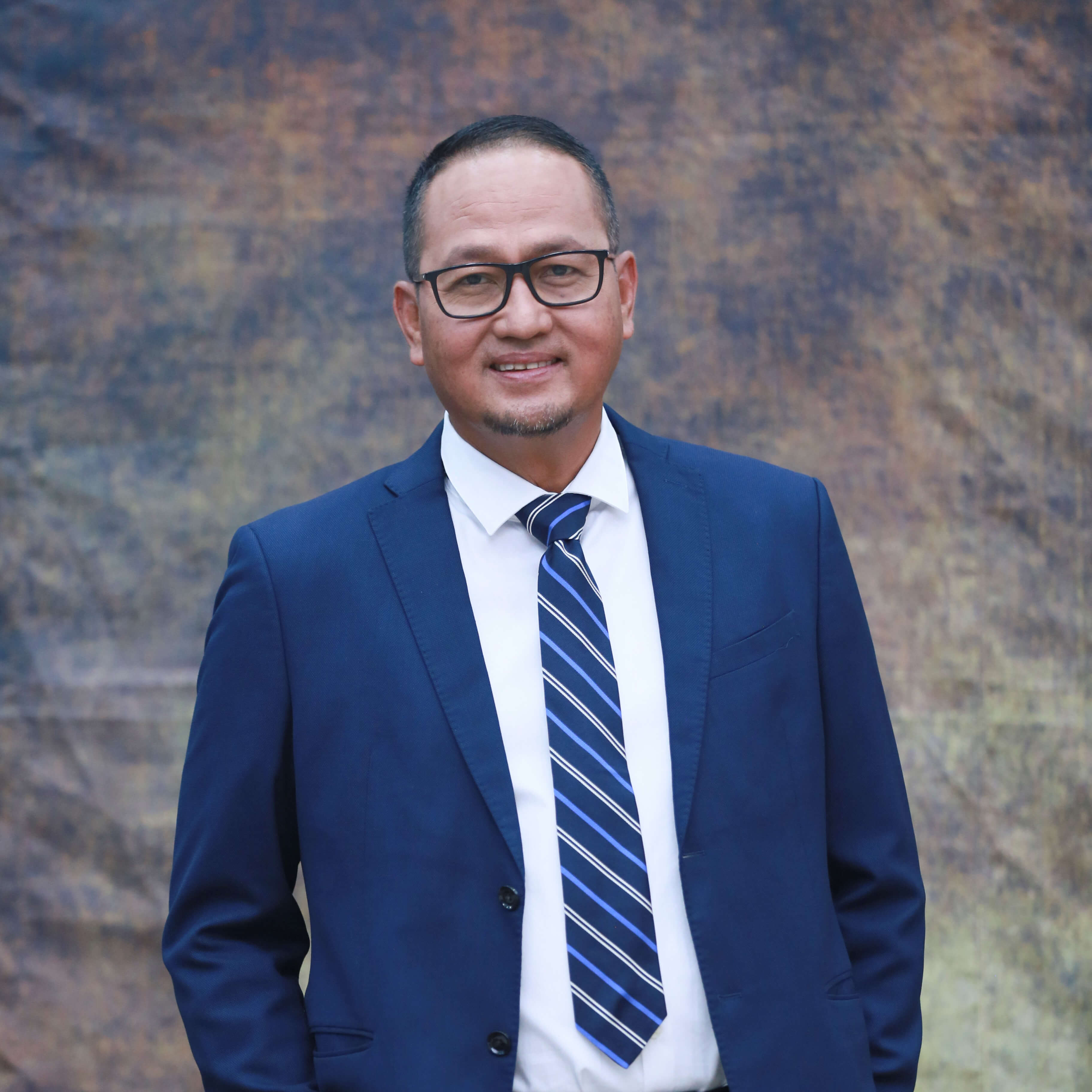
Semuel Abrijani Pangerapan
Director-General of Application and Informatics, Ministry of Communication and Informatics of the Republic of Indonesia
Semuel Abrijani Pangerapan is the Director-General of Application & Informatics in the Ministry of Communication & Informatics, Republic of Indonesia. Prior to his involvement in the Ministry, he has 20+ years of experience leading a business in the industry telecommunication, as he is also actively participating in national and international organizations relating to the governance and use of the internet.
In his government role, he focused on accelerating Indonesia’s agenda on digital transformation in three fields, namely society, business, and government through application and informatics development programs, which are carried out in synergy with various stakeholders, to create a conducive climate for the community in the digital development, while being able to increase and encourage investment as well community economic improvement.
He believes that technology is a mere enabler and the mindset to transform is the main thing.
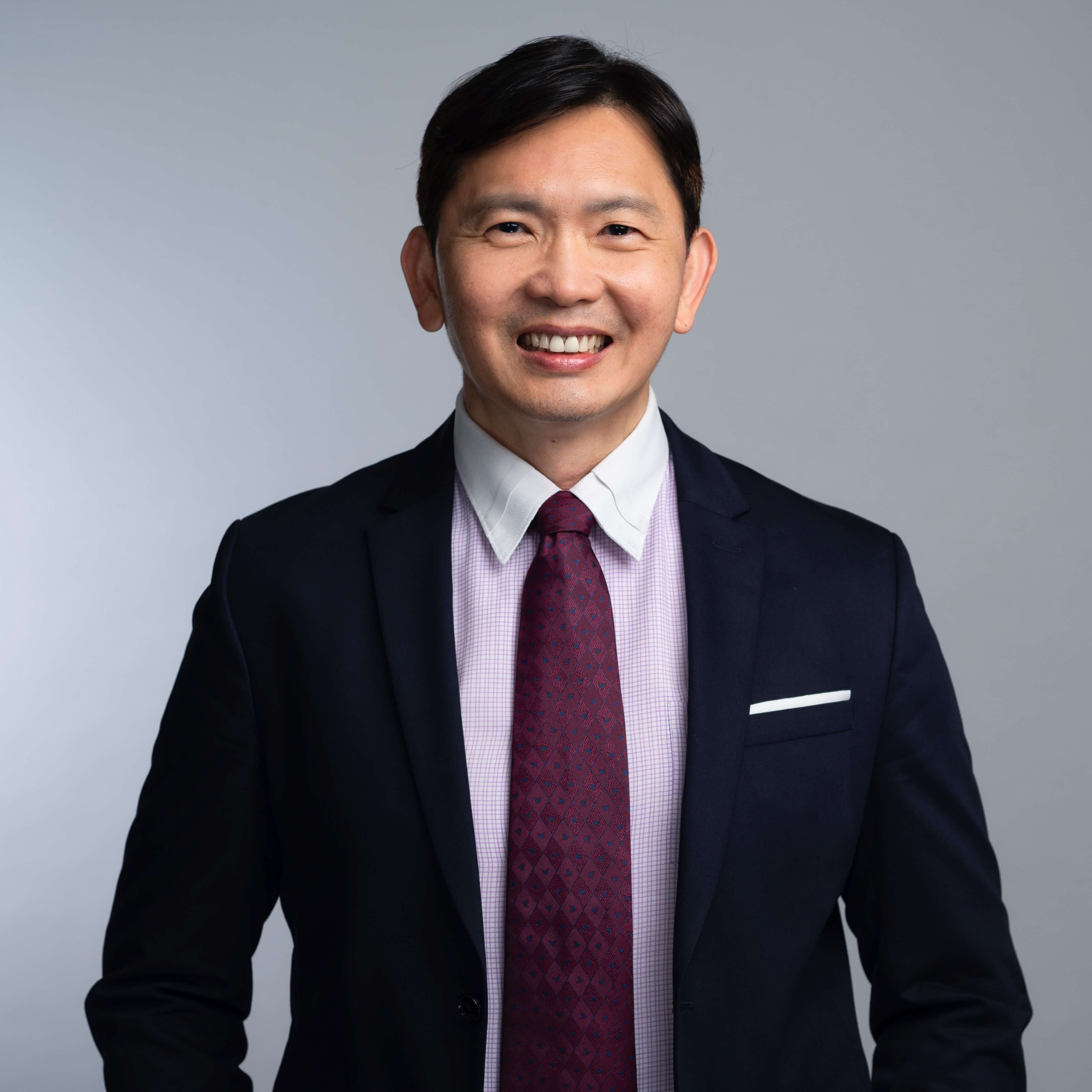
Terence Koh
Managing Director and Head, Telecom, Media & Technology, Sector Solutions Group, UOB
TBC
Agenda
9:00
- Hendra Gunawan, President Director UOB Indonesia
- Wee Ee Cheong, Deputy Chairman and CEO UOB
9:10
- H.E. Airlangga Hartarto, Coordinating Minister for Economic Affairs of the Republic of Indonesia
- H.E. Luhut Binsar Pandjaitan, Coordinating Minister or Maritime Affairs and Investment of the Republic of Indonesia
- H.E. Satvinder Singh, Deputy Secretary-General of ASEAN for ASEAN Economic Community
9:45
Understanding The Value Chains Driving The ASEAN Economy
Speakers:
- Ernest Saudjana, MD & Senior Partner, Boston Consulting Group
- Frederick Chin, Head of Group Wholesale Banking and Markets, UOB
ASEAN has proven resilient amidst recessionary risks, with growth holding up relatively well while inflation is notably below those in the G3 economies and fared much better compared to other Emerging Markets. However, this should not be taken for granted. With rising reshoring risks and possible reduced momentum of global trade integration, as well as the economic repercussions from likely outcome of prolonged slowdown, ASEAN should continue to focus on its connectivity to enhance its intra-regional trade for this region to continue growing sustainably amid recessionary risks.
Data and analysis show that the ASEAN region could build more synergy through its intra-ASEAN trade connectivity to capture trends and opportunities in strategic areas that will sustain growth prospects in the future.
Where are these areas of opportunity? What can companies doing business with and within ASEAN do to plug in, or establish first-mover advantage?
10:20
Indonesia As A Gateway To Unlocking ASEAN Connectivity
Speakers:
- Enrico Tanuwidjaja, Senior Economist, UOB
This session discusses Indonesia's importance to ASEAN and its key strengths and opportunities that can be tied with deeper economic cooperation with other ASEAN member countries, and/or ASEAN with rest of the world.
Indonesia as the largest economy in ASEAN can serve both as a key production hub for the region and as a hub for e-commerce and services, presenting the country as a unique investment proposition with significant runway to monetise its potentials. One estimate suggests that Indonesia can derive a USD 600 billion e-commerce market, the largest in ASEAN, by 2025 and years to follow. Digitalization becomes a key enabler for the ecosystem to thrive, and further discussions in this area would bring about more executable insights for business.
Another key area of opportunity would be the visionary project of relocating the current capital Jakarta to the new capital, coined Ibu Kota Nusantara (IKN). As an important breakthrough to realise Indonesia 2045, IKN is planned and designed as a new growth zone with three key criteria: smart, green, and sustainable.
How can foreign investors and domestic players alike benefit from IKN? How are broad-based structural reforms promoting an enabling business environment and FDI attractiveness for long-term sustainable growth, and where are the opportunities for ASEAN cooperation in this area?
10:40
Adding Value To The Commodities Sector
Opening Remarks:
- H.E. Arifin Tasrif, Minister of Energy and Mineral Resources of the Republic of Indonesia
- Akhmad Fazri, Director of Finance MIND ID
- Clyde Cheng, President of Great Wall Motor ASEAN
- Yudo Dwinanda Priaadi, Director General of New, Renewable Energy and Energy Conservation, Ministry of Energy and Mineral Resources of the Republic of Indonesia
- Bonar Silalahi, Head of Sector Solutions Group, Group Wholesale Banking, UOB
Indonesia is taking greater control of its natural resources - domestically adding value and incentivising investment in processing facilities, shifting the international balance of economic power. For example, Indonesia's nickel ore output is on an upward trend, with all of it being sold and processed domestically in 2021. Exports of nickel-containing metals have increased rapidly. Much of the metal sector investment has flowed into the nickel sector, turning Indonesia's nickel ore into nickel pig iron for stainless steel production. Several companies are also planning to turn this ore into intermediate products that will eventually go into the manufacturing of batteries powering the burgeoning electric vehicle (EV) market.
What are the lessons to be learnt here? What opportunities does this present for foreign investors? How does this impact other downstream players in the value chain? Is the shift towards higher value creating new challenges as well as prospects?
This panel discussion aims to imbue participants with:
- An overview of the key legislations and economic impetus surrounding the move towards value-adding in the commodities sector, and its impact on long-term growth and sustainability / transition considerations for the Indonesian and ASEAN economy.
- Areas of investment opportunities within the metals and mining value chain, including both upstream and downstream.
- The need for greater financial connectivity and the resulting, evolving role for financial institutions.
11:35
Unleashing The Digital Economy
Speakers:
- Dicky Kartikoyono, Assistant Governor of Payment System Policy Department, Bank Indonesia
- Patrick Sugito Walujo, Chief Executive Officer, GoTo
- Megawaty Khie, Director, Channels and Strategic Partnerships, Southeast Asia, Google Cloud
- Semuel Abrijani Pangerapan, Director General of Information Applications, Ministry of Communication and Information Technology of the Republic of Indonesia
- Terence Koh, Managing Director and Head, Telecom, Media & Technology, Sector Solutions Group, UOB
Indonesia's connected citizens are tech-savvy, but Internet penetration is low. If Indonesia embraces digitisation, it can realise an estimated USD150 billion in growth —10 percent of GDP— by 2025. Digital technologies offer ways to boost productivity across sectors and expand participation in the economy to all segments of the population. But accelerating Indonesia's digital progress will require businesses to step up to the challenge and fundamentally transform themselves.
Three mega-trends that will enable Indonesia to capture its digital potential: infrastructure, consumers, and businesses.
- Infrastructure Opportunity – increasing digital connectivity: Indonesia needs to invest in modern digital infrastructure to enhance connectivity both domestically and internationally. This includes improving its domestic cable network and building its 4G and 5G capabilities.
- Growing Digital Consumer Base: Indonesia is the 11th largest market for eCommerce with a predicted revenue of US$45.28 billion in 2023. Revenue is expected to show a compound annual growth rate (CAGR 2023-2027) of 10.4%, resulting in a projected market volume of US$67.30 billion by 2027. User penetration will be 70.8% in 2023 and is expected to hit 85.5% by 2027. Furthermore, Indonesia is a mobile-first nation; approximately 75 percent of the online purchases are made via mobile devices. The usage statistics far exceed that of digitally mature countries such as the United States, where these media have been around longer and are firmly established.
- Thriving Startup Culture: Despite low digitisation across Indonesia's key sectors, start-ups are proliferating and thriving across the board. In 2016, the total disclosed funding of start-ups in Indonesia is estimated to have reached USD 1.7 billion. Along with Jakarta, Bandung, and Surabaya are emerging as innovation hot spots.
The opportunities at hand are many-fold for Indonesia's growth.
This panel discussion aims to imbue participants with:
- An overview of the immense and long-term economic potential presented by Indonesia's growing digital economy and the need to invest at scale, supported by insights and case studies from leading industry players.
- Partnering the right foreign investors, to accelerate Indonesia's digital evolution, creating new value chains whilst augmenting traditional growth sectors such as mining, electronics, and transportation.
- The need for greater financial connectivity and the resulting, evolving role for financial institutions.
12:30
- Harapman Kasan, Wholesale Banking Director UOB Indonesia
